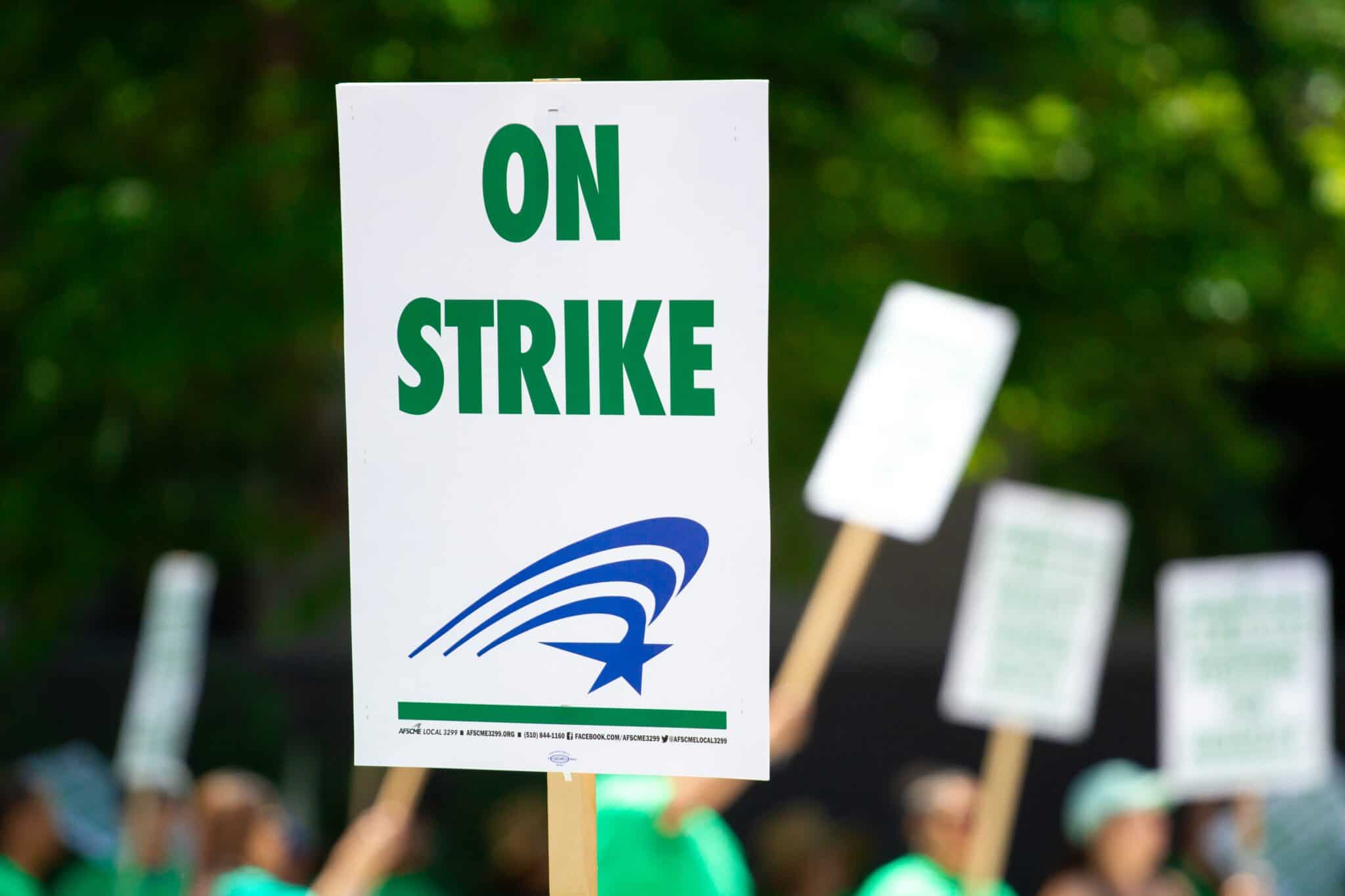Nikita Rumsey is a student at Harvard Law School.
The Hotel Association of New York City filed suit this week alleging that a New York City law requiring certain large hotels that shuttered during the pandemic to pay laid-off workers $500 in weekly severance is preempted by federal law. According to Bloomberg, the law, signed by Mayor Bill de Blasio on October 5, stipulates that if a large hotel that laid off more than three-quarters of its workforce or closed entirely during the Covid-19 pandemic has failed to reopen by November 1, it will be required to pay out weekly $500 severance benefits to laid-off employees for up to 30 weeks. According to the hotel association, which is represented by Reed Smith, the law should be invalidated as preempted by the federal Employee Retirement Income Security Act (ERISA) because it requires hotels to establish and maintain new employee benefit plans. In addition, the complaint alleges that the city law impermissibly interferes with New York State’s comprehensive regulation of labor issues and falls outside the specific areas of law in which municipalities are authorized to legislate under New York’s Municipal Home Rule Law. The association warns that the law will potentially cost the city’s hotels more than $150 million and will inadvertently cause more hotels to close than reopen.
In California, Governor Gavin Newsom signed into law AB 237, the Public Employee Protection Action, which requires California’s public sector employers to maintain workers’ health insurance coverage during a strike. According to a press release issued by the bill’s sponsor, AFSCME Local 3299, the University of California’s largest employee union, the law passed both houses of the California legislature with bipartisan support, and was backed by a broad coalition of labor unions. As Local 3299 President Kathryn Lybarger noted, “AB 237 will prevent public employers from subverting that lawful process by withholding previously negotiated health benefits from our families. The law makes it explicit that if any public employer cuts off health benefits during a strike, it would be would be liable to the affected employees and their family members for all of their actual health care expenses.”
The New York Times provided a glimpse into the contemporary crisis of child care as seen in Greensboro, North Carolina, where parents spend more for child care than they do on their mortgages, yet child care workers make pennies on the dollar and centers cannot hire enough staff. The Times noted that one family paid almost $2,000 a month for their two boys’ care, roughly a third of their income and far more than their mortgage, and yet one of the teachers at the preschool earns so little—$10 an hour—that she also works part-time at Starbucks where the pay is 50% higher and includes health insurance. According to the Times, apparently the center’s director wants to raise wages to address severe staffing shortages but has little room to pass along costs to parents already stretched.
To address what many see as a fundamental market failure—that child care is simply more costly than what many families can afford—President Biden is pushing a plan to bridge the gap with federal subsidies by capping families’ child care expenses at 7% of income, offering large subsidies to child care centers, and requiring that such centers provide higher wages in hopes of improving teacher quality. Additionally, the plan would provide universal prekindergarten for an additional $200 billion. Yet despite the plan’s good economics, with right-wing Democrats balking at the ten-year $3.5 trillion price tag for the broader social policy bill, it remains unclear how much of Biden’s proposal will make it into the final bill.






Daily News & Commentary
Start your day with our roundup of the latest labor developments. See all
November 26
In today’s news and commentary, NLRB lawyers urge the 3rd Circuit to follow recent district court cases that declined to enjoin Board proceedings; the percentage of unemployed Americans with a college degree reaches its highest level since tracking began in 1992; and a member of the House proposes a bill that would require secret ballot […]
November 25
In today’s news and commentary, OSHA fines Taylor Foods, Santa Fe raises their living wage, and a date is set for a Senate committee to consider Trump’s NLRB nominee. OSHA has issued an approximately $1.1 million dollar fine to Taylor Farms New Jersey, a subsidiary of Taylor Fresh Foods, after identifying repeated and serious safety […]
November 24
Labor leaders criticize tariffs; White House cancels jobs report; and student organizers launch chaperone program for noncitizens.
November 23
Workers at the Southeastern Pennsylvania Transportation Authority vote to authorize a strike; Washington State legislators consider a bill empowering public employees to bargain over workplace AI implementation; and University of California workers engage in a two-day strike.
November 21
The “Big Three” record labels make a deal with an AI music streaming startup; 30 stores join the now week-old Starbucks Workers United strike; and the Mine Safety and Health Administration draws scrutiny over a recent worker death.
November 20
Law professors file brief in Slaughter; New York appeals court hears arguments about blog post firing; Senate committee delays consideration of NLRB nominee.